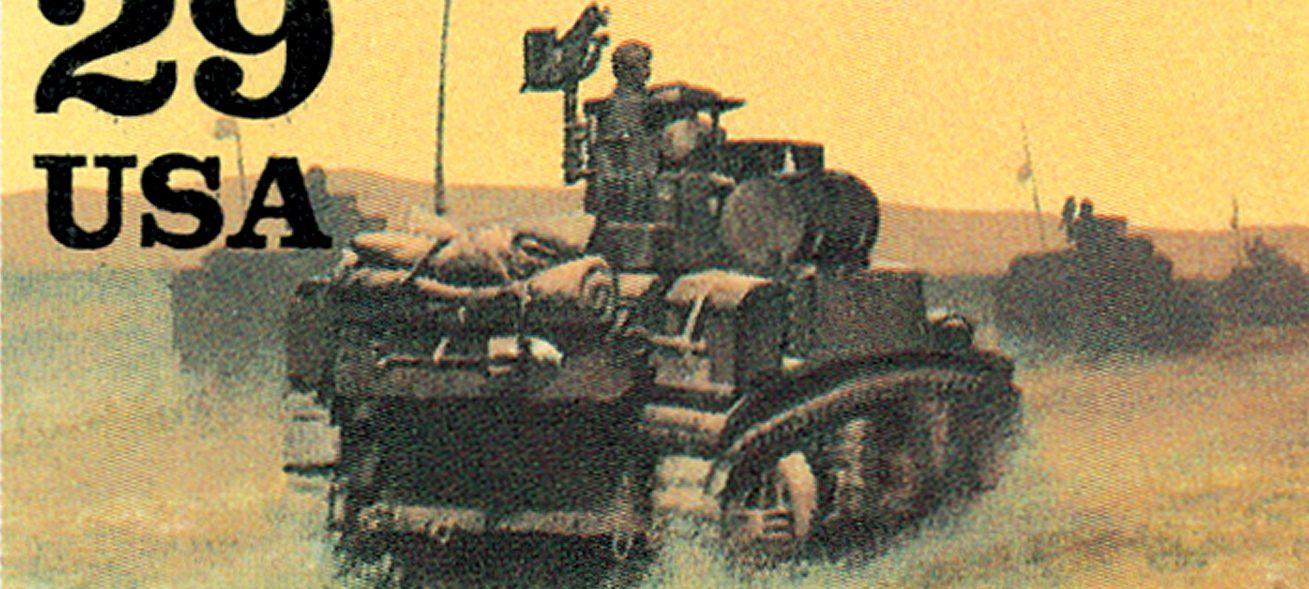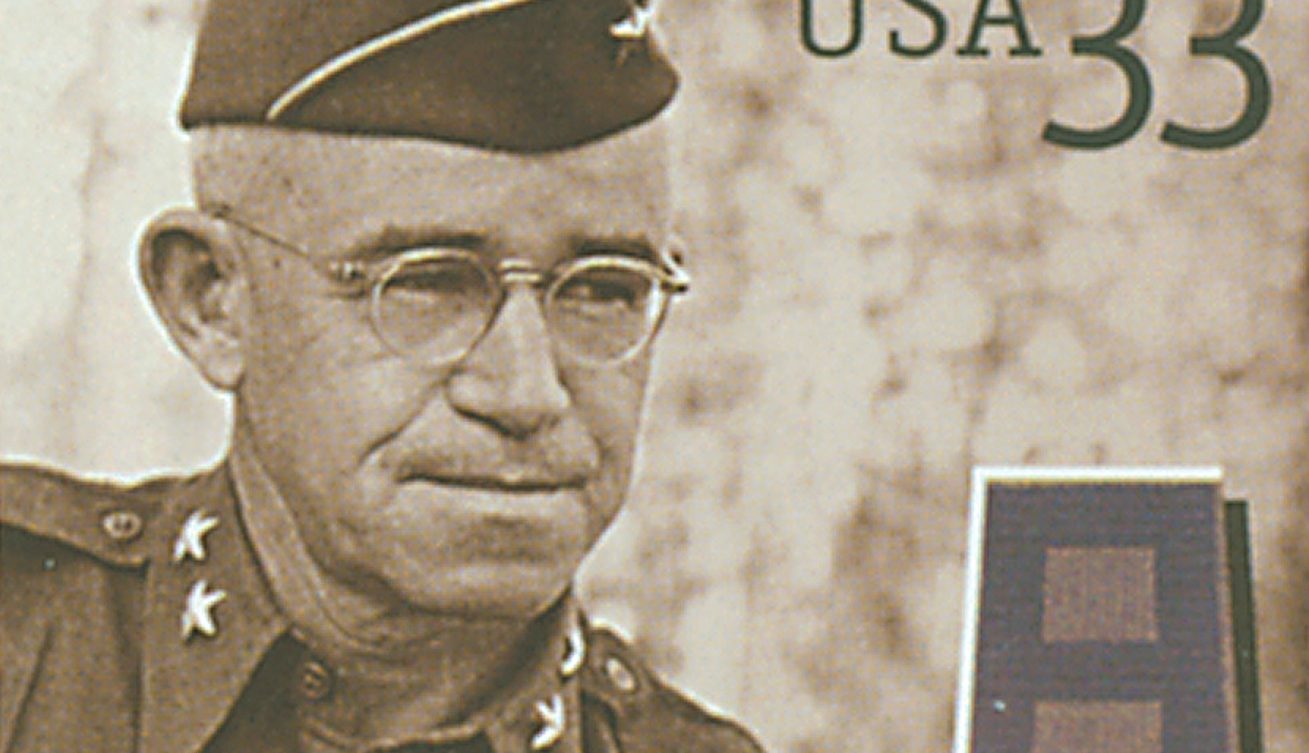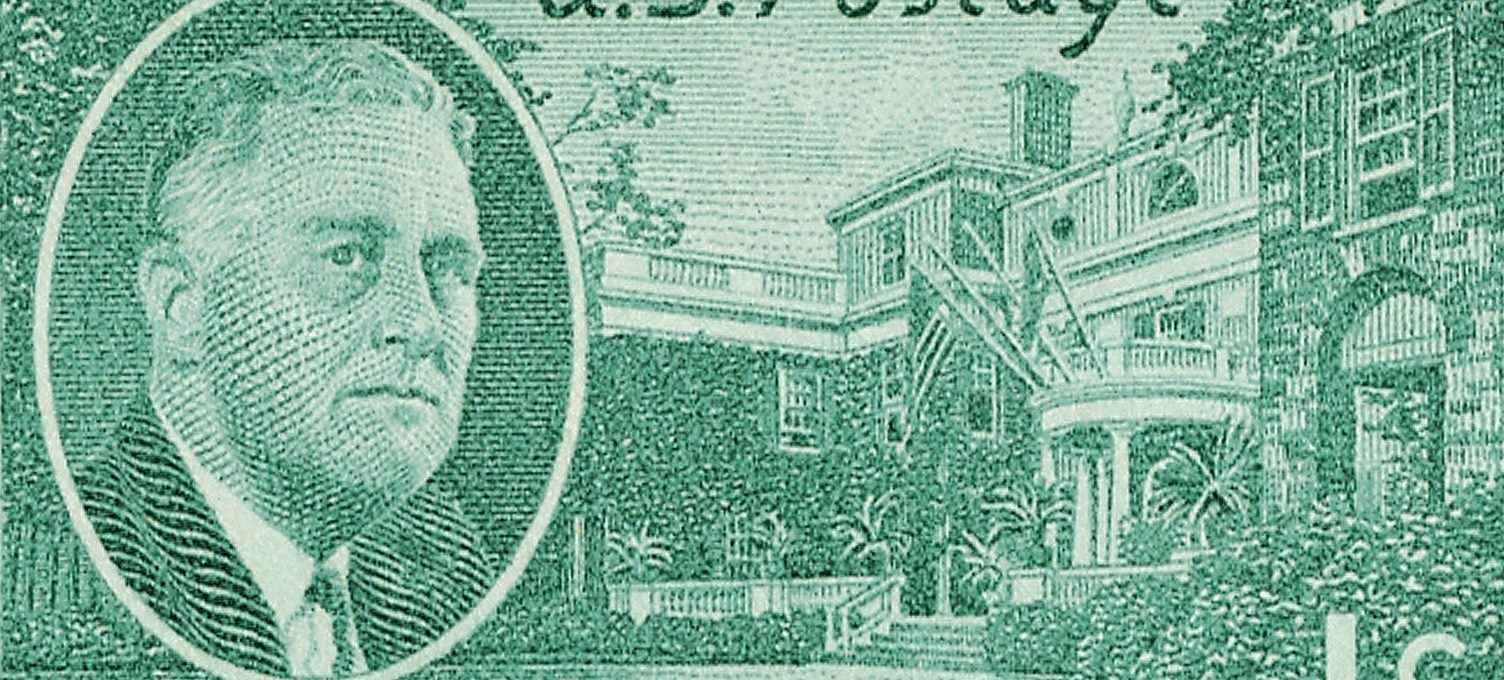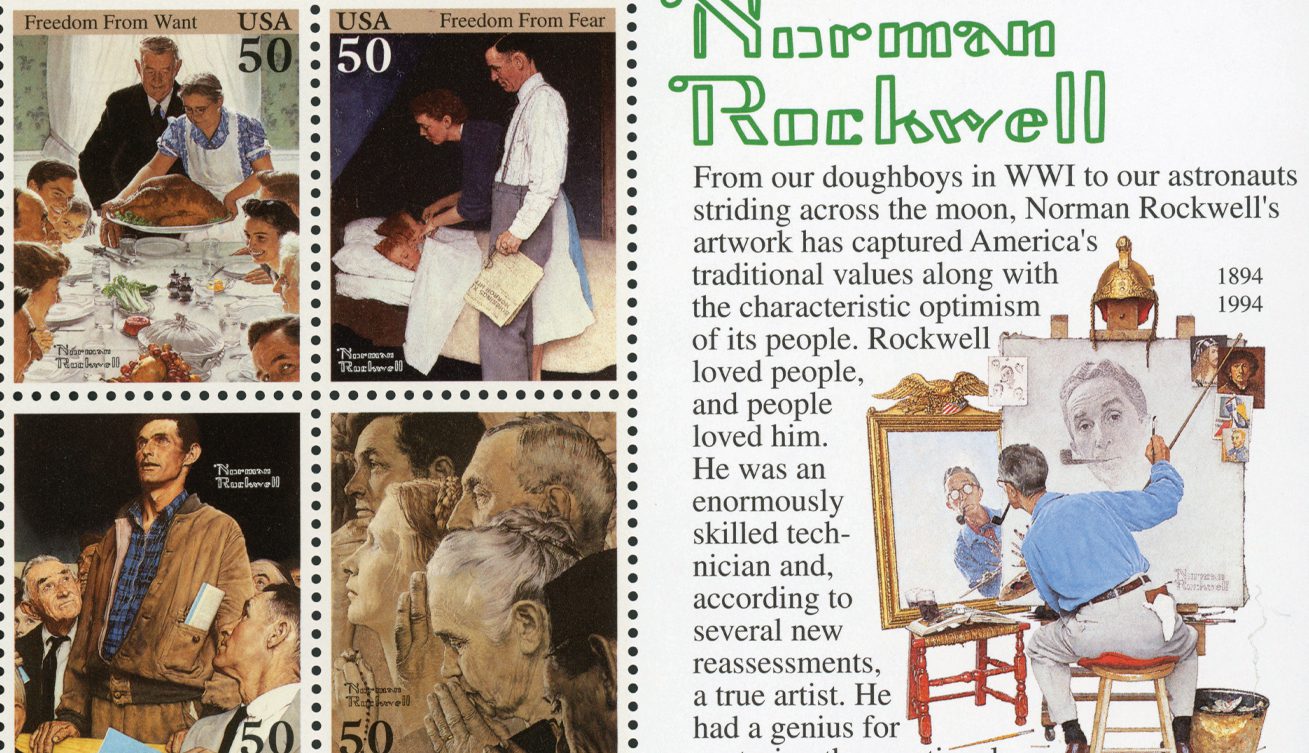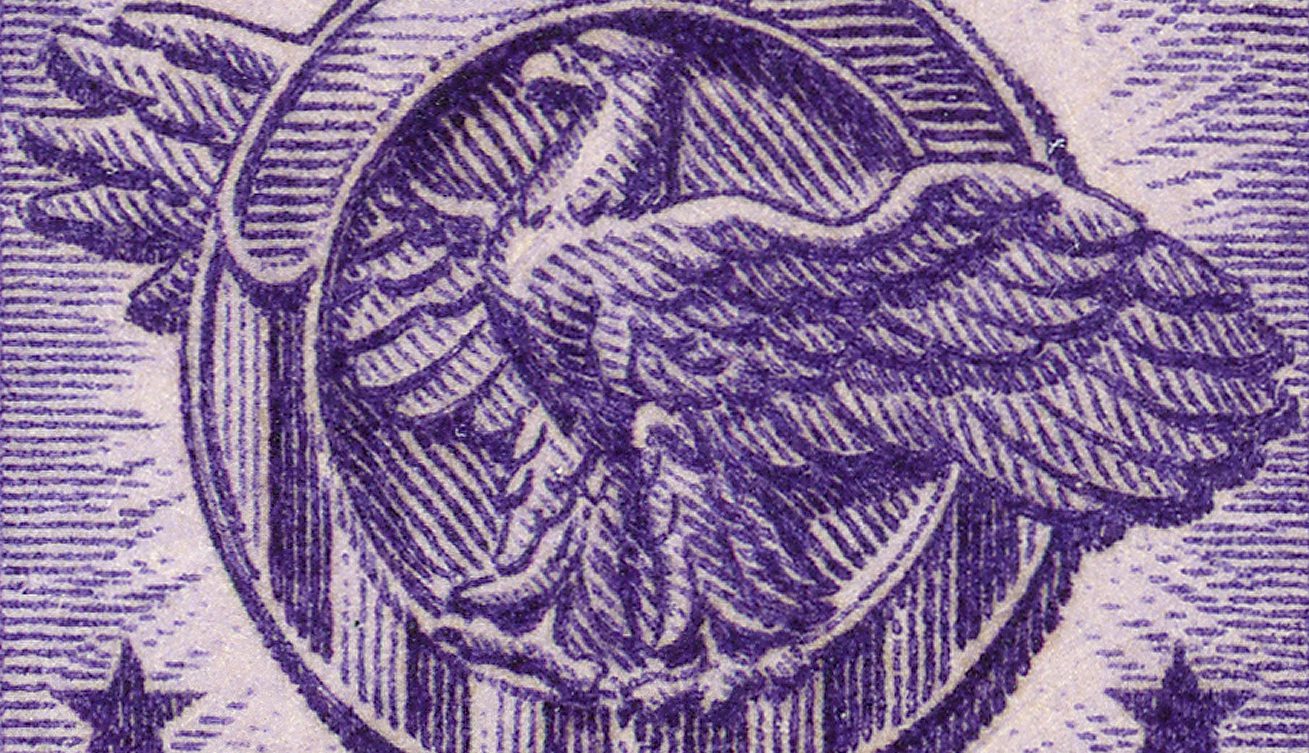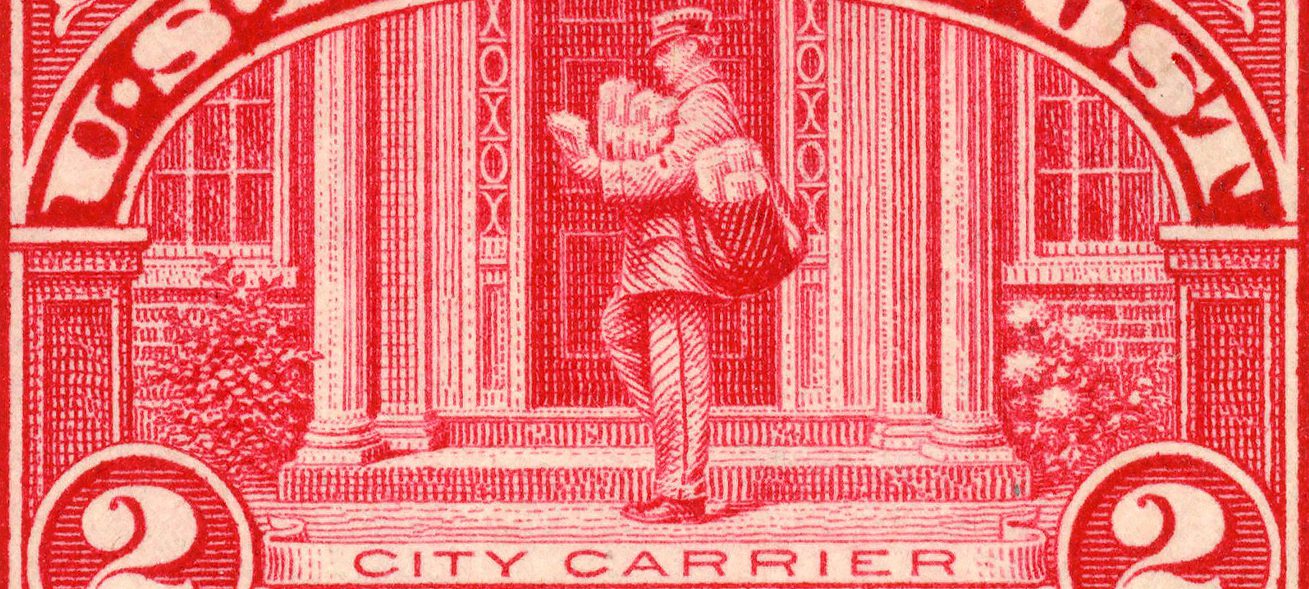Battle of Kasserine Pass
On February 19, 1943, the Battle of Kasserine Pass began, marking the first major clash between American and German forces in North Africa. The fight quickly tested the strength, training, and leadership of US troops as they faced experienced Axis armored units in the rugged mountains of Tunisia.

